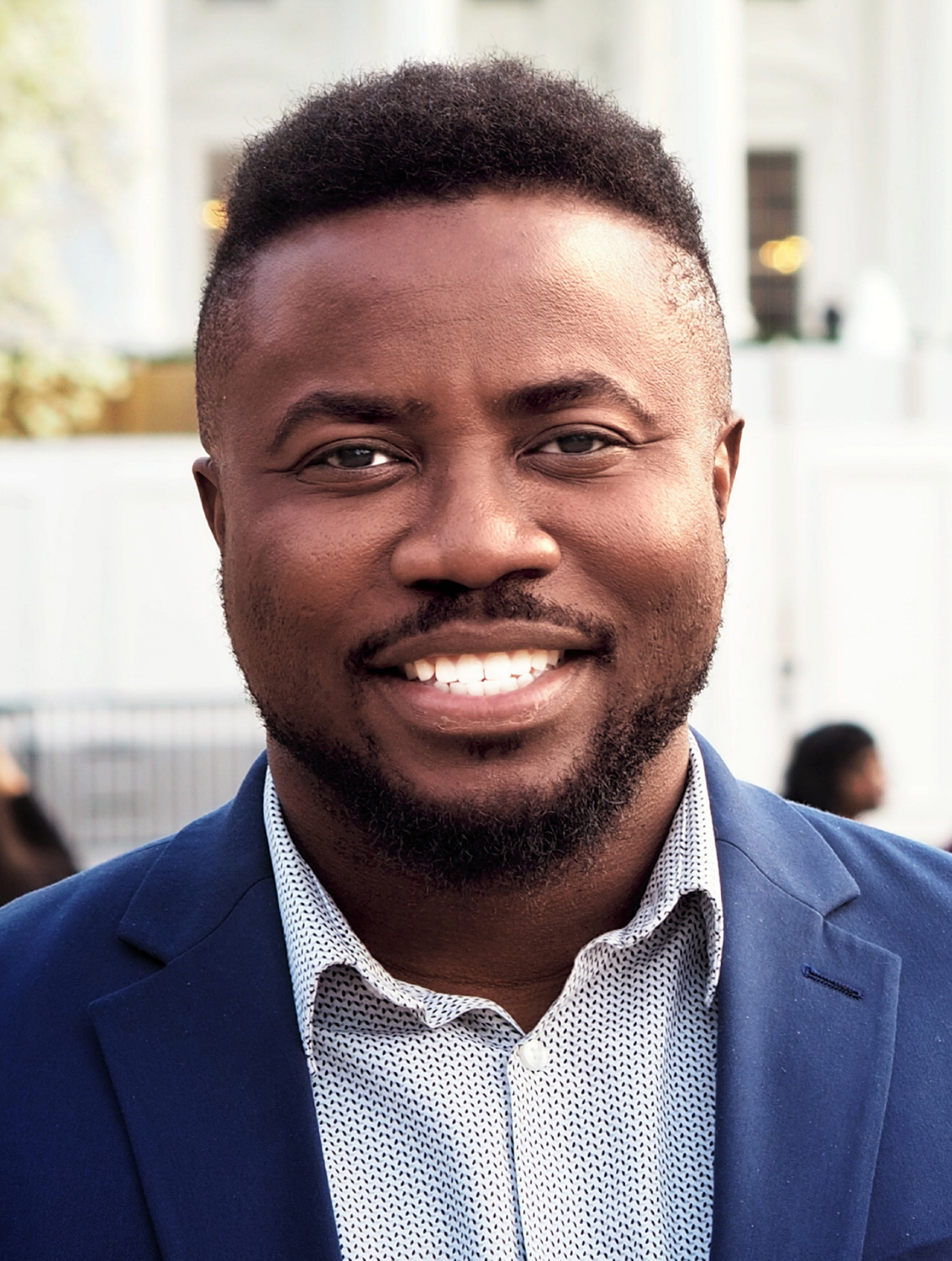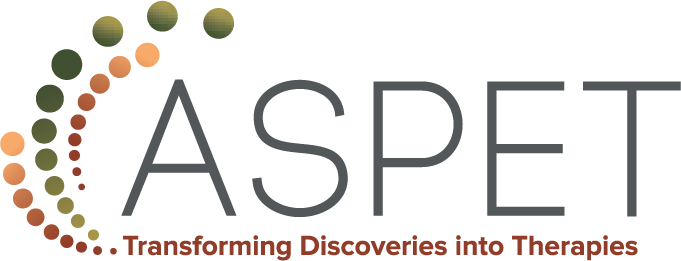A Conversation with ASPET’s Council Member and FASEB Board Representative, Jerry Madukwe, PhD
 Jerry Madukwe, PhD is an Ex Officio member of the ASPET Council currently serving as the FASEB Board Representative. Dr. Madukwe is the editor of Trends in Pharmacological Sciences at Cell Press, Cambridge, Mass. He is a biochemistry graduate of Lee University in Cleveland, Tenn. He earned his master’s and PhD degrees in biochemistry from the University of Rochester, N.Y. He has been a member of ASPET since 2016, serving on the Young Scientists and Science Policy Committees. Dr. Madukwe offers his insight and guidance for young scientists.
Jerry Madukwe, PhD is an Ex Officio member of the ASPET Council currently serving as the FASEB Board Representative. Dr. Madukwe is the editor of Trends in Pharmacological Sciences at Cell Press, Cambridge, Mass. He is a biochemistry graduate of Lee University in Cleveland, Tenn. He earned his master’s and PhD degrees in biochemistry from the University of Rochester, N.Y. He has been a member of ASPET since 2016, serving on the Young Scientists and Science Policy Committees. Dr. Madukwe offers his insight and guidance for young scientists.
How did you get started in pharmacology?
My journey into pharmacology was sparked by my childhood experiences in Lagos, Nigeria, fostering a curiosity that embraced both arts and sciences. Enrolled in reputable schools in Nigeria, I earned an undergraduate scholarship because of my performance on the SAT and proficiency in mathematics, biology and chemistry to pursue a biochemistry degree at Lee University in Cleveland, Tenn., paving the way for my career in the biomedical sciences. My exploration of molecular pharmacology began at the University of Rochester, N.Y., under Dr. Alan Smrcka, where I studied proteins linked to cancer and cardiovascular disease downstream of G protein-coupled receptors. Subsequently, at Yale University during my post-doc, I delved into the study of receptor tyrosine kinases implicated in cancer development and drug resistance. This path eventually led me to my current role as the editor of Trends in Pharmacological Sciences at Cell Press.
How did you first get involved with ASPET?
I became involved with ASPET in 2016 while pursuing my graduate studies. Dr. Alan Smrcka, my adivsor at the time, encouraged me to submit an abstract and register to attend the ASPET Annual Meeting at Experimental Biology (EB) Conference 2017. I presented my work at EB 2017 in Chicago and engaged in the “March for Science,” discovering the value of presenting research and interacting with fellow scientists. This experience spurred my continued involvement in subsequent EB conferences. In 2020, my engagement with ASPET deepened as I was competitively selected as an ASPET Washington Fellow. This fellowship provided an opportunity for me to advocate for young and foreign-born scientists in the U.S. science talent pipeline and contribute to the awareness of funding policy priorities through publications and meetings at the U.S. Capitol. Since then, I’ve actively served on multiple committees within the Society, including the Young Scientists and Science Policy Committees.
What do you want the ASPET membership to know about you and your ideas on how to move the organization forward during your term?
I want ASPET members to know that I am enthusiastic about engaging with scientists worldwide, from students to established professionals, to understand their latest research and address crucial issues in advancing their careers and the field of pharmacology. With my experience on the Young Scientists and Science Policy committees, I am attuned to the challenges faced by students and early-career scientists in navigating their paths in biomedical sciences. To move ASPET forward, I would love to see an expansion in programming that aids both senior and early-career scientists in overcoming career challenges. Additionally, I would love to see robust dialogue centered around policies that specifically impact students and early-career scientists, including redefining the role of post-docs in today’s biomedical research landscape. Addressing these issues will instill confidence in members regarding the future of careers in pharmacological research, ensuring progress for both the field and the society.
What has been your proudest accomplishment in your career so far?
Beyond my scientific contributions during my graduate and postdoctoral career, my proudest accomplishment lies in presenting my research, sharing insights on scientific research capacity building and conducting workshops on scientific communication across three continents. These endeavors have facilitated collaborations among scientists from diverse locations and offered mentorship opportunities for students in remote areas. Witnessing the success and achievement of these young students and mentees, whose paths crossed mine through these activities, brings immense satisfaction.
What advice would you give young scientists who are just starting out in their careers?
My advice to young scientists embarking on their careers would be to prioritize preparation and steer clear of procrastination in their endeavors. In the biomedical sciences, challenges abound, making supportive mentors crucial. Young scientists should be very careful in choosing their mentors. Lastly, paying meticulous attention to detail, maintaining an open mindset and confronting challenges fearlessly can lead to rewarding outcomes in this field.
What is one thing ASPET members should know about FASEB?
ASPET is one of the member societies of FASEB. Both ASPET and FASEB share a dedication to advancing science, with a special focus on involving and nurturing the next generation of researchers. The ongoing collaboration between these societies is instrumental in propelling the progress of science and pharmacology research.

